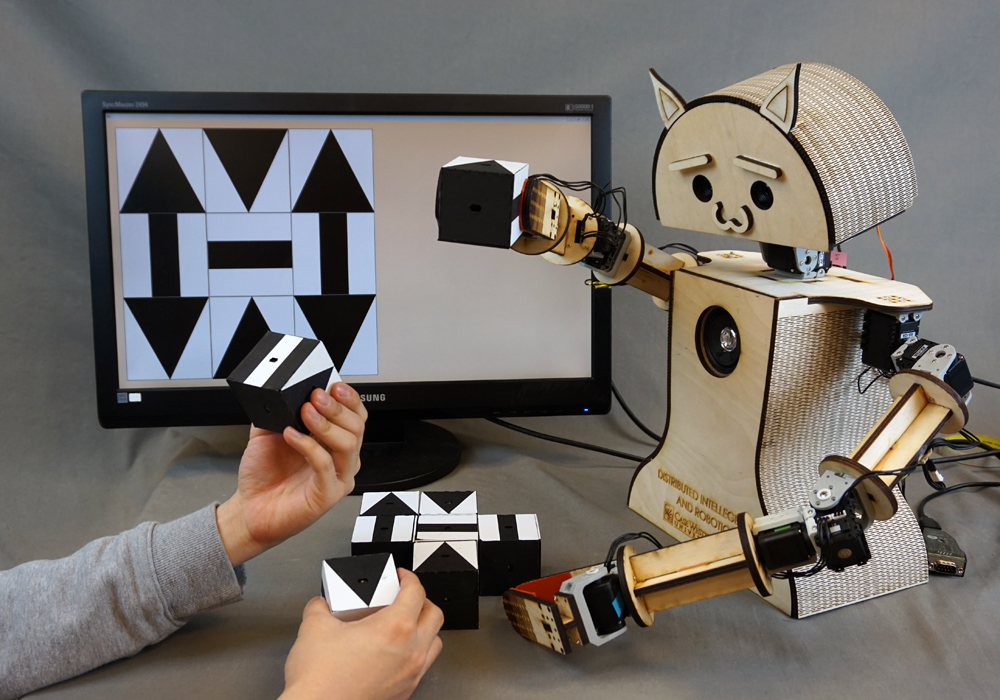January 2013
There is a consensus that serious games have a significant potential as a tool for instruction. However, their effectiveness in terms of learning outcomes is still understudied mainly due to the complexity involved in assessing intangible measures. A systematic approach–based on established principles and guidelines–is necessary to enhance the design of serious games, and many studies lack a rigorous assessment. An important aspect in the evaluation of serious games, like other educational tools, is user performance assessment. This is an important area of exploration because serious games are intended to evaluate the learning progress as well as the outcomes. This also emphasizes the importance of providing appropriate feedback to the player. Moreover, performance assessment enables adaptivity and personalization to meet individual needs in various aspects, such as learning styles, information provision rates, feedback, and so forth. This paper first reviews related literature regarding the educational effectiveness of serious games. It then discusses how to assess the learning impact of serious games and methods for competence and skill assessment. Finally, it suggests two major directions for future research: characterization of the player’s activity and better integration of assessment in games.

